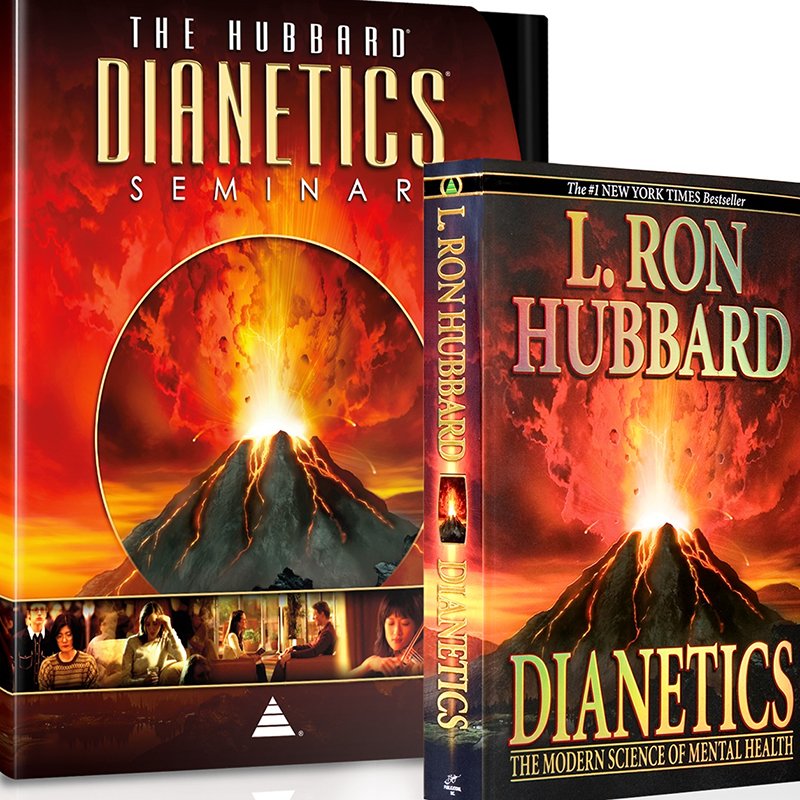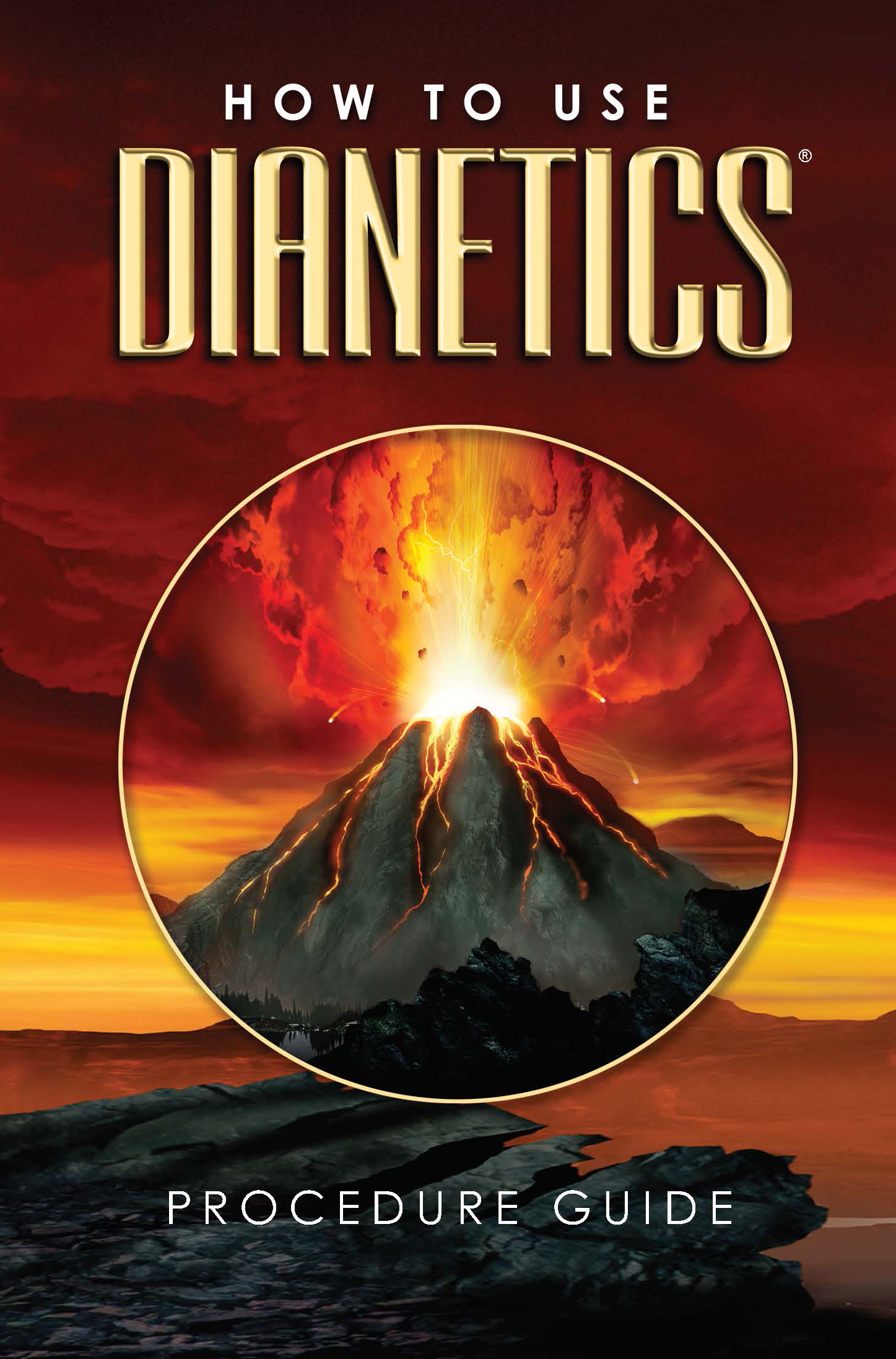Indicators on Dianetics You Need To Know
Indicators on Dianetics You Need To Know
Blog Article
Everything about Dianetics
Table of ContentsDianetics Can Be Fun For EveryoneExcitement About DianeticsA Biased View of Dianetics3 Easy Facts About Dianetics Explained
I could not ever before not desire to receive anything that enters your mind for you- if it was or else, I would not be resting here with you, doing this. I not only could never ever have a problem, or otherwise desire to listen to something that comes to mind for you, but I'm entirely eager to recognize every idea, every idea, every image or sensation that arises or manifests for you- don't ever before believe or else, and if for one reason or another you do, please simply allow me understand! Sometimes, you may have an idea, and image, concept or event appear that does not appear to respond to the concern, or associate with it, yet however, constantly do inform me concerning it, and as we proceed, the significance will emerge for you.This is fundamental in the basis of handling, and the subject of this discussion: the standard duties of the counselor and the customer: The fundamental role of the therapist is, in contrast to "common training", not to manage, which implies to impose and/or prevent, but to rather function from the basis of EMPOWERING THE CUSTOMER.

The Buzz on Dianetics
John Mcmasters revealed this standard reality incredibly well in one of his talks on Power processing, in which he discusses exactly how he was asked what this "special propensity" was that he had for giving such excellent sessions; he needed to believe concerning that for a moment, and identified that it was what he wasn't doing, as well as what he was doing: he wasn't assessing, judging, computing, or as a matter of fact, creating any kind of ideas, not to mention verbal expressions, after offering the command and while waiting for the computer to finish their response to their fulfillment; he was, merely and only, existing with the PC, and totally interested.
The function of the therapist, demonstrated; that was his "special knack". I have actually had my very own experience which showed me this well, extremely early in the video game. In 1982, having actually lately finished my training and teaching fellowship on New Age Dianetics, I was running this on a COMPUTER, and there his comment is here was a point in the session where (being a little bit damp behind the ears not yet having lots of hours under my belt as a professional auditor) the PC appeared to be "taking too lengthy" to express anything vocally after I offered him a command.
This trick became one of the most useful contribution that John ever before made to the topic of treatment or auditing (Dianetics). In my simple point of view, it is the greatest contribution that anybody has ever click here now made to these subjectsthe application is entirely non-judgemental, non-evaluative, and lacking any recommendation, guidance or opinion.no preconceived schedule for people, or 'degrees' that they must do
In Scientology we prided ourselves on not evaluating for individuals. All that actually indicated was that the auditor did not VERBALLY review for the Computer in session.
Facts About Dianetics Revealed

Anyone who had ever seen John audit could not assist but discover a special quality in his auditing."The client's fundamental role is to be there with the function of relocating in the direction of their spiritual objectives, and to openly and totally share and experience whatever shows up for them in addressing the concerns and executing the guidelines in the processing.
This is something to procedure as required. Also, people frequently have prior experience and/or brainwashing in auditing/processing which, in some means, and to some degrees, in fact misguides them into read review attitudes, ideas and habits patterns that prevent the complete realization of these roles, and so they will certainly have a tendency to inhibit the expressing of what comes to mind, as in the instances provided above - Dianetics. * The initial, and maybe foremost examples of mis-indoctrination leading to much less than completely smooth and effective sessions, can be found in certain facets of the training routines, or "TR's":"TR's" are often a person's first, or at the very least early, experience in Scientology, and while I will go on to clarify what I view as the problems in idea and practice, nevertheless, often tend to be greatly healing, done as they are provided (Hubbard insists that "TR's are not refining, they are training", but factually, they are both handling AND training)
There is no "failing", and no denial of the fact of this being processing. The focus, as it needs to be, is on experiencing the various other individual's presence.
The Greatest Guide To Dianetics

Report this page